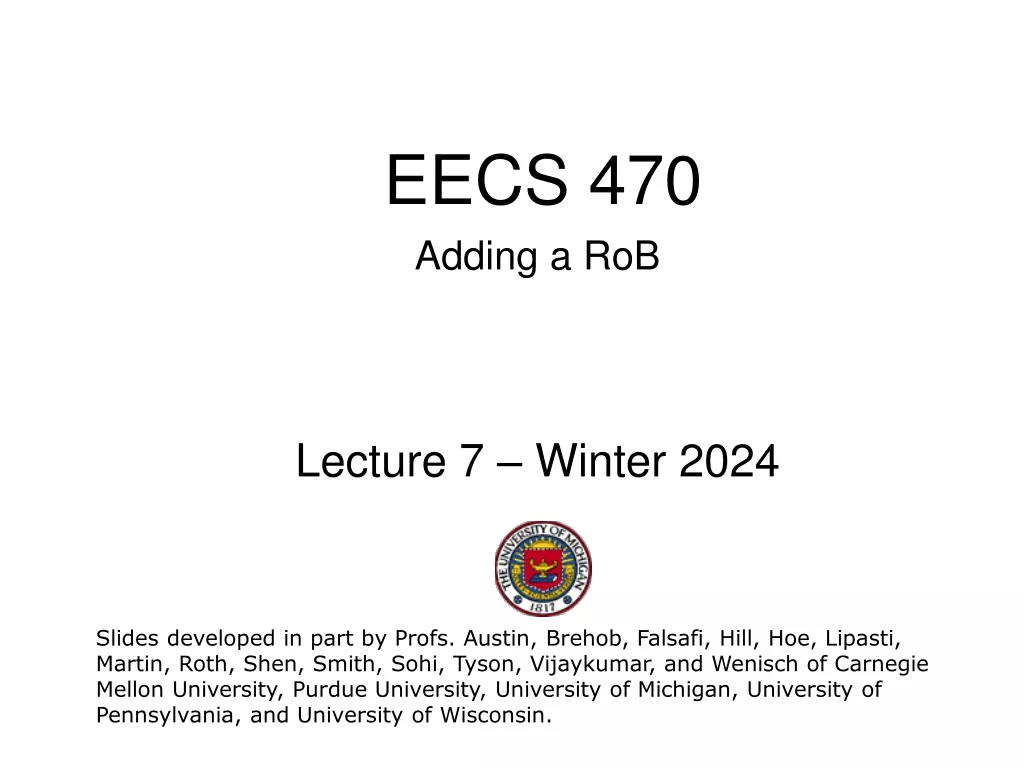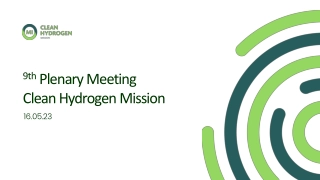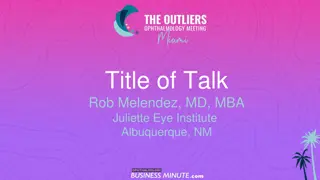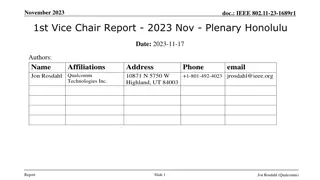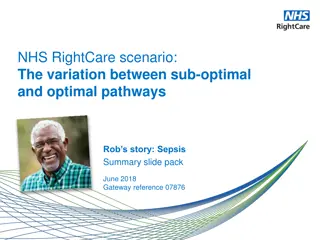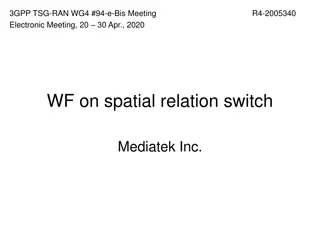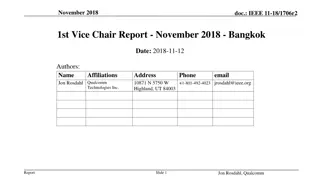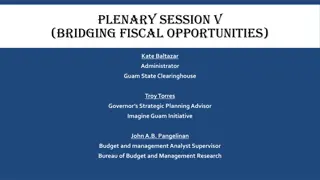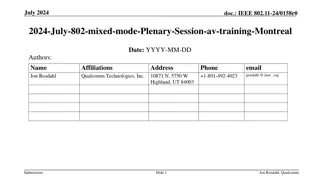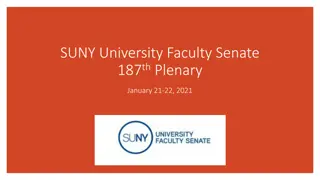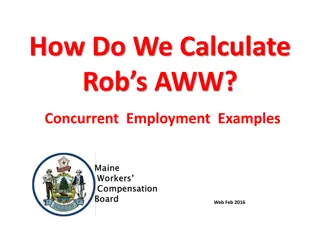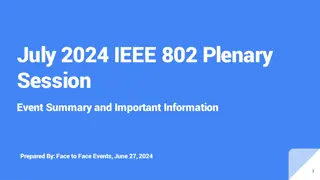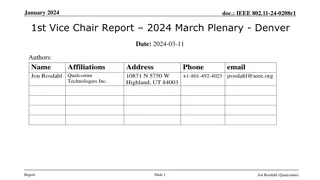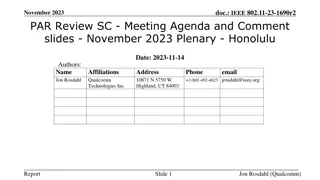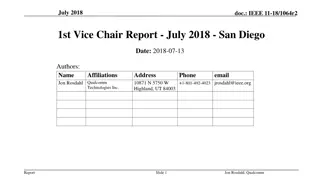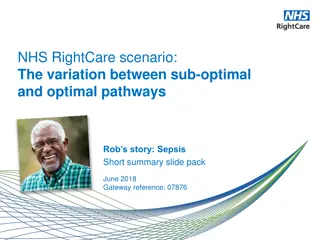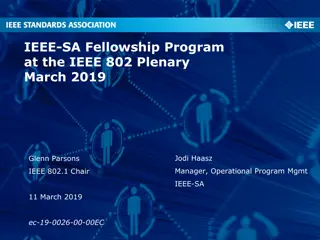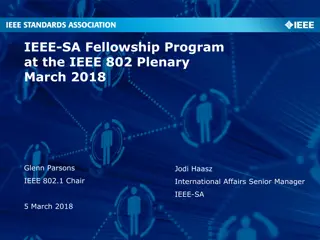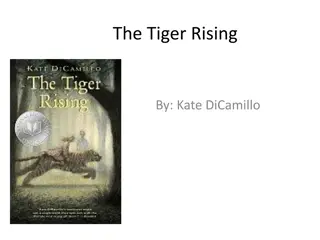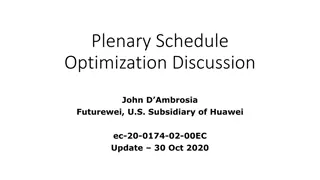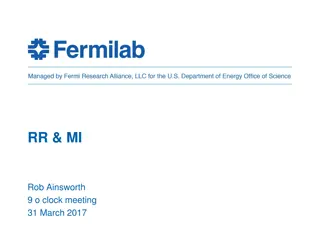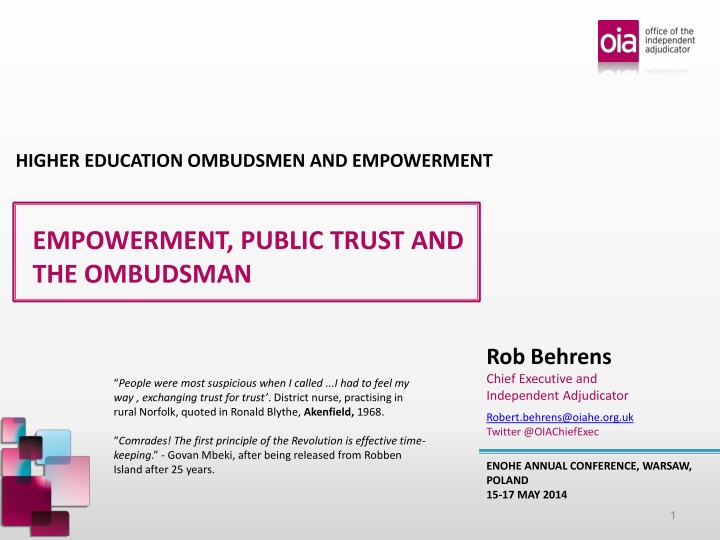
Empowerment in Higher Education Ombudsmen: Building Trust and Accountability
Explore the concept of empowerment in higher education ombudsmen, focusing on building trust, accountability, and empowering individuals and groups in the education sector. Learn about key elements, relevant individuals and groups, and the risks involved in the empowerment process.
Download Presentation

Please find below an Image/Link to download the presentation.
The content on the website is provided AS IS for your information and personal use only. It may not be sold, licensed, or shared on other websites without obtaining consent from the author. If you encounter any issues during the download, it is possible that the publisher has removed the file from their server.
You are allowed to download the files provided on this website for personal or commercial use, subject to the condition that they are used lawfully. All files are the property of their respective owners.
The content on the website is provided AS IS for your information and personal use only. It may not be sold, licensed, or shared on other websites without obtaining consent from the author.
E N D
Presentation Transcript
HIGHER EDUCATION OMBUDSMEN AND EMPOWERMENT EMPOWERMENT, PUBLIC TRUST AND THE OMBUDSMAN Rob Behrens Chief Executive and Independent Adjudicator People were most suspicious when I called ...I had to feel my way , exchanging trust for trust . District nurse, practising in rural Norfolk, quoted in Ronald Blythe, Akenfield, 1968. Robert.behrens@oiahe.org.uk Twitter @OIAChiefExec Comrades! The first principle of the Revolution is effective time- keeping. - Govan Mbeki, after being released from Robben Island after 25 years. ENOHE ANNUAL CONFERENCE, WARSAW, POLAND 15-17 MAY 2014 1
ON MY WAY TO WARSAW ENOHE 2008-14 Experience of transitions to democracy we know you are reactionaries. Tell us your experience. Experience of Civil Service and Legal Services OIA is classic Ombudsman scheme, established under 2004 Act to resolve student complaints after internal processes exhausted. Free to students Tests used. With experience of resolving 10,000 cases Subject to Judicial Review no reasonable person The EU Directive 2
EMPOWERMENT Empowerment is the process of enhancing the capacity of individuals and groups to make choices and to transform those choices into desired actions and outcomes. (Adapted from World Bank). Central to this process are actions which build individual and collective assets in a way which improves efficiency and fairness in interventions. 3
RELEVANT INDIVIDUALS AND GROUPS: UNIVERSITIES 4
RELEVANT INDIVIDUALS AND GROUPS: HIGHER EDUCATION OMBUDSMEN/PERSONS 5
RELEVANT INDIVIDUALS AND GROUPS: STUDENTS. Cartoon by Cameron Law 6
KEY ELEMENTS OF EMPOWERMENT Access to Information Inclusion and participation Accountability Local organisational capacity. And consequential risks... 7
RISKS IN EMPOWERMENT Information is power and motivation to act. EG. social media empowers users (especially students) to unite in campaigning Participatory decision-making is rarely harmonious and leads to contested views of priorities and needs. Conflict is endemic. Accountability which calls service providers to account elicits accusations of washing dirty linen in public and reputation damage Cartoon by Cameron Law 8
MITIGATING THE RISK : PUBLIC TRUST What engenders Public Trust ? Key elements include: Perceived honesty and independence of profession Development of internal culture fostering standards and openness to improve professional integrity and increase confidence in public institutions Exhibits a core competence in serving users Manifestation of trustworthy behaviour 9
THE CRISIS OF TRUST Ministers and conflicts of interest (1998-2004) Systematic, widespread, mis-use of expenses by MPs (2009-10) Mis-selling of goods and services by banks (2001-8) Illegal telephone hacking by newspapers (2005-11). Failure to investigate avoidable deaths in hospitals (2008-12) 11
WHAT WE LEARN (1) IPSOS MORI (1983-2013) 2011 Do you generally trust them to tell the truth or not? (%) Doctors Teachers Professors Judges Police Ordinary person in street Civil servants Journalists Government ministers Politicians generally Public Trust is variable depending on perceptions of independence and honesty. Trust in higher education is currently high. Trust ratings are susceptible to collateral damage. 88 74 74 72 63 55 47 19 17 14 12
WHAT WE LEARN (2) Scandals occur where independent oversight is either non-existent, imperfect or constrained. Transparency is an aid to perceptions of independence and to good practice. The inter-personal becomes the strategic. Trustworthy behaviour is required on all sides and needs dialogue with newly empowered. (students empowered by social media). At the start of many scandals is a detriment to a person. Codes of Practice which carry authority are key to sector integrity. 13
SEVEN STEPS TOWARDS ETHICAL EMPOWERMENT empowerment + search for trust = ethical empowerment 1. Core competence ( doing what you say you will do ) 2. Centrality of Good Practice Codes 3. Learning from outside higher education 4. Learning from inside higher education 5. Transparency engenders Trust as well as empowerment 6. Towards being a profession but not on any terms. 7. Trustworthy behaviour concretised . 14
COMPETENT DELIVERY Increasing front-line capacity Comrades! The first principle of the Revolution is effective time-keeping. - Govan Mbeki, after being released from Robben Island after 25 years. Responsibility for case approvals and management decided following a risk- based approach (Early) Assessment Team developed and expanded to assess eligibility and explore settlements Triage and settlement processes to resolve cases as early as possible. Targets for monthly closures Targets for unit costs. 15
TRANSPARENCY RULES Transparency certainly destroys secrecy: but it may not limit the deception and deliberate misinformation that undermine relations of trust. If we want to restore trust we need to reduce deception and lies rather than secrecy. Onora O Neill, A Question of Trust: The BBC Reith Lectures , 2002. 17
TOWARDS BEING A PROFESSION ? IOA CODE OF ETHICS I refuse to join any club that wouldn t have me as a member. Adapted from Groucho Marx PREAMBLE The IOA Code of Ethics provides a common set of professional ethical principles to which members adhere in their organizational Ombudsman practice. INDEPENDENCE The Ombudsman is independent in structure, function, and appearance to the highest degree possible within the organization. NEUTRALITY AND IMPARTIALITY The Ombudsman, as a designated neutral, remains unaligned and impartial. The Ombudsman does not engage in any situation which could create a conflict of interest. CONFIDENTIALITY The Ombudsman holds all communications with those seeking assistance in strict confidence, and does not disclose confidential communications unless given permission to do so [except] where there appears to be imminent risk of serious harm. INFORMALITY The Ombudsman, as an informal resource, does not participate in any formal adjudicative or administrative procedure related to concerns brought to his/her attention. [emphasis added] 18
TRUSTWORTHY BEHAVIOUR People were most suspicious when I called ...I had to feel my way , exchanging trust for trust . District nurse, practising in rural Norfolk, quoted in Ronald Blythe, Akenfield, 1968. 19
MAKING A DIFFERENCE: BEFORE AND AFTER Cartoons by Cameron Law 20

